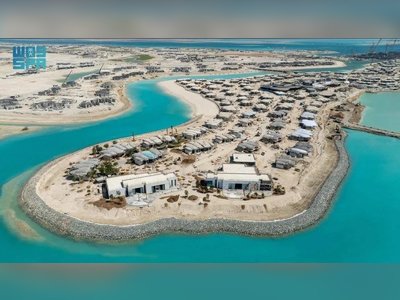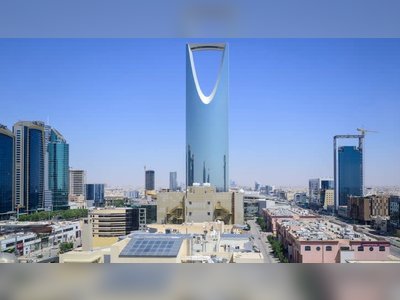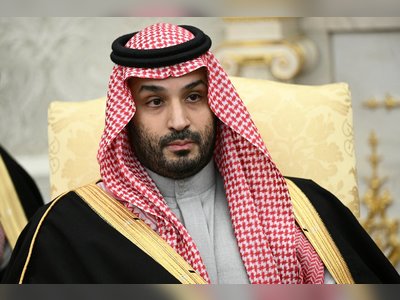
Digital assets outlook 2022: All eyes on regulations as capital pours in
As digital assets grow in popularity among investors, new types of blockchain-based securities and exchanges have emerged, prompting regulators to take a stance. But rolling out frameworks take time, leaving firms and investors in regulatory limbo.
“A lot of regulators take a very either-or approach. Either I don’t want to do this, I don’t want to look at this, or come up with cogent rules. I think that regulators should want to regulate, and that needs to be matched by a set of firms who want to come up and meet those rules,” Henry Chong, founder of Hong Kong-based digital exchange Fusang told AsianInvestor.
Hong Kong and Singapore, arguably the region’s leading jurisdictions for digital assets, have been rolling out consultation papers and regulatory frameworks to police digital exchanges.
In May, the Hong Kong Financial Services and the Treasury Bureau (FSTB) indicated that it would require virtual asset exchanges to obtain a licence from the Securities and Futures Commission (SFC).
Currently, virtual exchanges are operating under an opt-in regime and are licensed under the same umbrella of regulations as traditional trading and securities firms.
In Singapore, which has billed itself as a centre for innovation, fintech firms are setting up shop and fintech funding in the country tripled to $3 billion in 2021. Crypto exchange Crypto.com moved its headquarters from Hong Kong to Singapore this year, and other global crypto firms such as Coinbase, Binance and Gemini have set up business units there.
That said, the Monetary Authority of Singapore (MAS) is still sieving through 400 applications from digital token players for licensing approvals. Only a handful have been granted approvals, and about 70 are currently operating on temporary exemption licences.
It also remains to be seen how long these fintech firms are willing to wait for regulatory approvals. Binance Singapore announced on Monday (December 13) that it would be pulling out of the country, dashing rumours that it would set up its global headquarters in Singapore.
In response to Binance Singapore’s departure, an MAS spokesperson said: “Applicants are able to withdraw their applications should they see fit, upon which those who are operating under exemption will be required to cease providing regulated payment services. Binance Asia Services has provided MAS with a plan for orderly cessation of its regulated payment services.”
“MAS' approach to regulation under the Payment Services Act seeks to facilitate innovation while ensuring that adequate controls are in place to address key risks such as money laundering and terrorism financing,” the spokesperson said.
INVESTOR INTEREST
After more than a decade since Bitcoin was founded, it has become clear that digital assets are here to stay. While conservative asset owners continue to shy away from cryptocurrencies, they have begun investing in the underlying technologies and other blockchain-enabled securities.
“Cryptocurrency is one type of digital asset,” Ankit Khandelwal, chief investment officer at multi-family office Maitri Asset Management said. “What interests us more is the underlying technology in these cryptocurrencies, mainly the blockchain as a technology, which can have potential tremendous uses across various industries.”
“It's the technology which makes a lot of sense and can have a lot of use cases, as well as the new evolving world of virtual spaces, and the Metaverse,” he said.
Despite the expressed interest, Maitri’s family office clients still have some reservations about digital assets space, with most “still in the learning and evaluating stage”.
“Very few clients have actually invested in this space, because it's an evolving space in itself. A lot of things are unknown here,” he said. “But one thing which we've heard from most of our investor feedback is there is a lot of promise shown by this technology. And some of the uses include Reits, funds, even just contracts, legal contracts, smart contracts, where they can have various use cases across industries, as well as supply chain logistics.”
REGULATORY PLUS AND MINUS
Regardless of which direction regulations take, the experts agreed that increased regulation is on the way – which will only give investors more confidence in digital assets and underlying technologies.
“There's a couple of digital asset classes that are going to come increasingly under the purview of regulators, including tethered stable coins, including private native cryptocurrencies,” said Benjamin Quinlan, chair of the fintech association of Hong Kong.
“All of this means the regulatory arbitrage window is fast now hiring or even disappearing; people are going to need to play much more of a regulated game. And that is, it's a plus and a minus for the industry. But overall, that tilt towards legitimacy means that in order for true institutional adoption to occur, the product set that surrounds the digital asset universe needs to be more security-like in nature,” he said.
He added that a plus of the increased regulations is that fintech companies are starting to realise that if they want to operate as a licensed financial institution, “they’re starting to understand that you can't just go on a product manufacturing spree to create security-like instruments.”
“The other side of it is a lot of brokers understand that business is leaking away from them, their client base wants to trade digital assets…. And now the brokerages are even speaking to us saying, do we need to launch our own exchange to stay relevant? It’s a very commoditised space, so it's interesting to see which exchanges will thrive,” he added.










